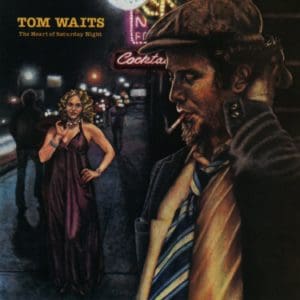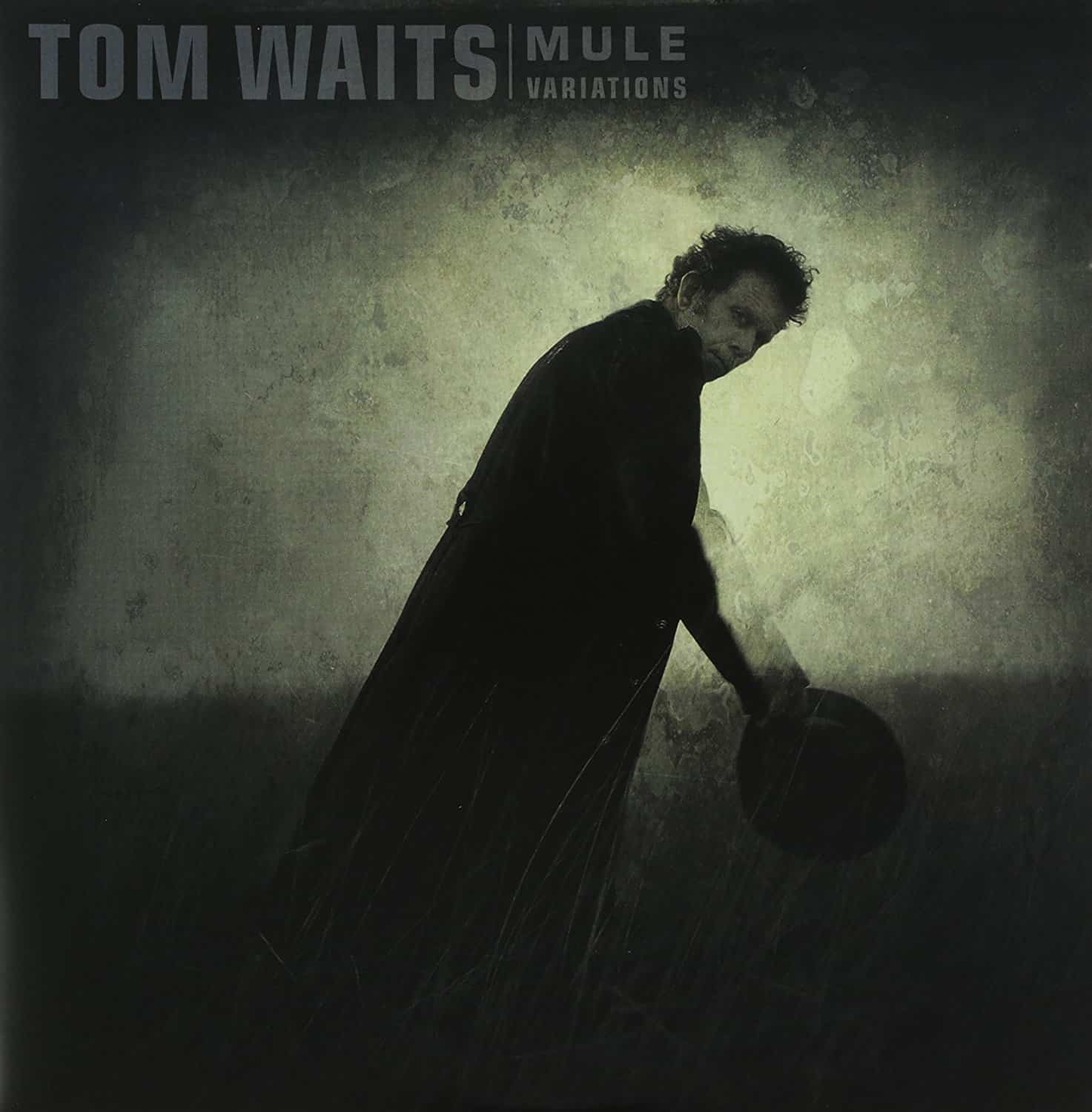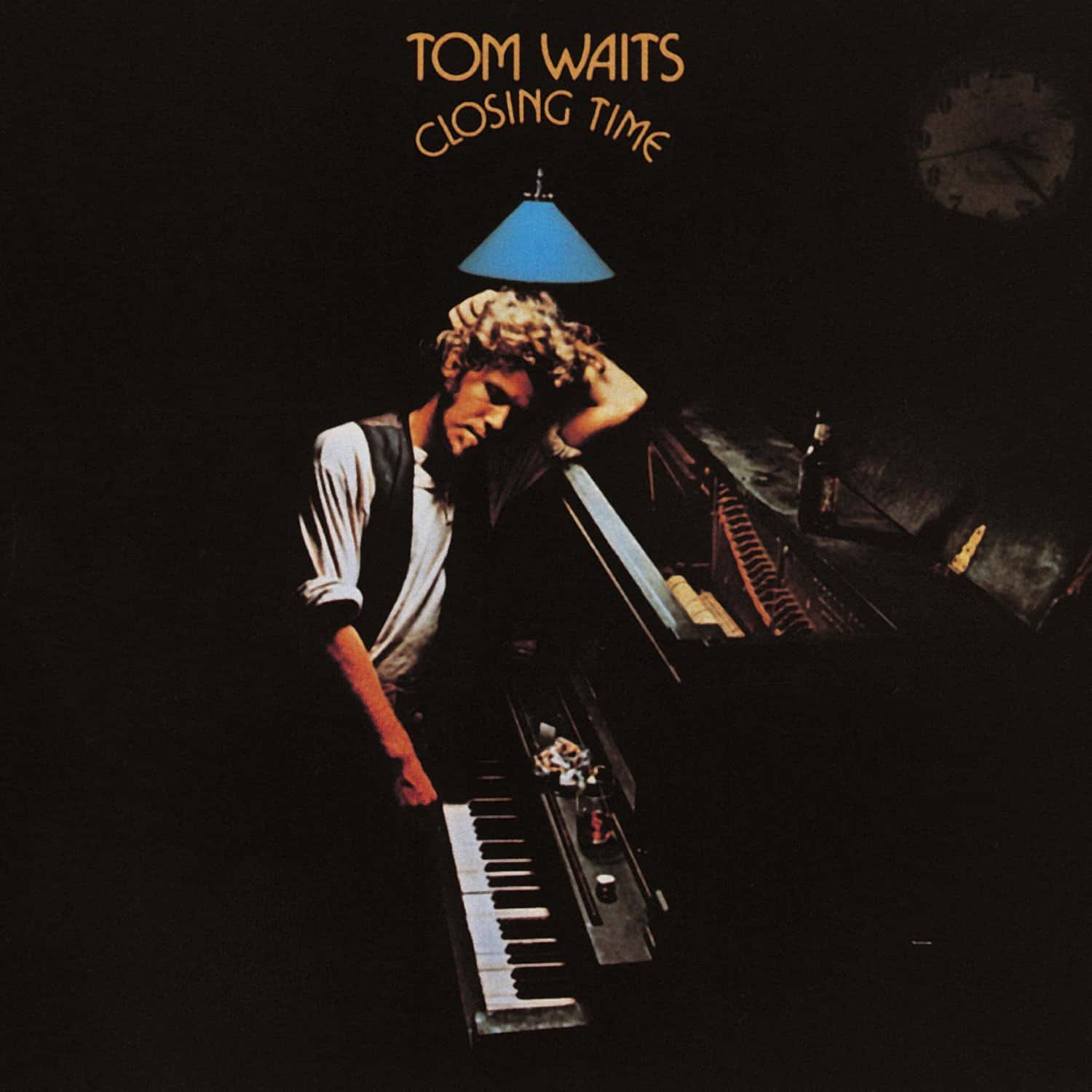Marketplace
2018 Anti- Records PRESSING
- RPM 33 ⅓
- Audio Stereo
- Catalog Number 87566-1
- Release Year 2018
- Pressing Weight 180g
- Jacket Style Single
With the ink barely dry on positive reviews of his first album (Closing Time), Tom Waits issued this collection of late-night ballads inspired by his passion for jazz grooves, Tin Pan Alley songcraft, and Beat-era poetry. Produced by Bones Howe, who cut his engineering teeth on early 60s jazz sessions, The Heart of Saturday Night pays homage to bygone eras that appealed far more to Waits than the meandering, worn-out one in which he felt stuck.
While some critics originally felt the album bordered on pastiche, many now contend Waits used the record to merge influences into something unique and greater than its individual parts. Such a pattern is especially apparent on “Semi Suite,” which blends New Orleans-flavored horn arrangements, 50s cool-jazz rhythms, and a cabaret-style scat about the life of a truck driver. On the title track, Waits combines a disarmingly simple Dust Bowl-flavored ramble with a walking bass line to capture the melancholy longing of a man in search of something real. Akin to the best fusion cuisine, The Heart of Saturday Night mixes familiar and disparate elements in a way that invites a more insightful appreciation of what inspired the dish.
The Heart of Saturday Night also doubles as a master class in how much can be accomplished with a relatively small ensemble of players. The vivid imagery of a song like “Diamonds on My Windshield” transpires with nothing more than Waits’ rhythmic, Jack Kerouac-inspired recitation, Jim Gordon’s snare and brush work, and Jim Hughart’s upright bass lines. Hughart was a veteran session player for Ella Fitzgerald and Frank Sinatra, and his ability to adapt and keep things swinging provides the glue that holds much of the album together. In addition, Mike Melvoin’s haunting orchestral arrangements on numbers such as “San Diego Serenade” and “Please Call Me, Baby” give the set cinematic scope and emotional weight.
The decision to turn the handling of Waits and Kathleen Brennan’s remastering of the singer’s Asylum albums over to the Anti- label has yielded some less-than-stellar results. The vinyl versions of Closing Time and Mule Variations don’t come close to matching the quality of the original releases, nor do they accurately reflect the excellent sonics one can hear on high-resolution digital versions of the new remasters. Happily, The Heart of Saturday Night is equal to and in some ways superior to a comparison 1976 U.S. analog pressing. The latter is clear and dynamic, but can sound brittle and a tad bright during crescendos and instrumental attacks. Anti-’s version delivers weightier bass and a smoother upper-register EQ without sacrificing the recording’s original detail. Unlike the two aforementioned reissues, this pressing is quiet and ruler-flat, with additional credit given to Karl Derfler and Peter Lyman for their work on the remaster and reissue.
The Heart Of A Saturday Night


 4
4

